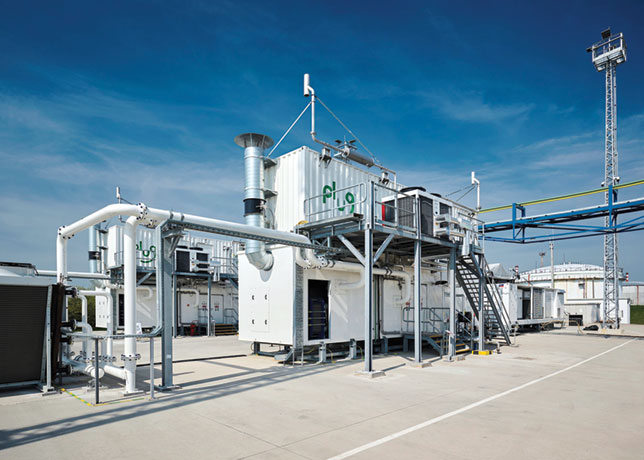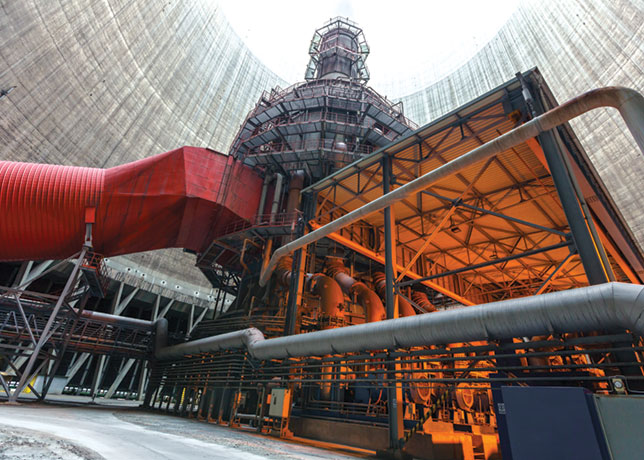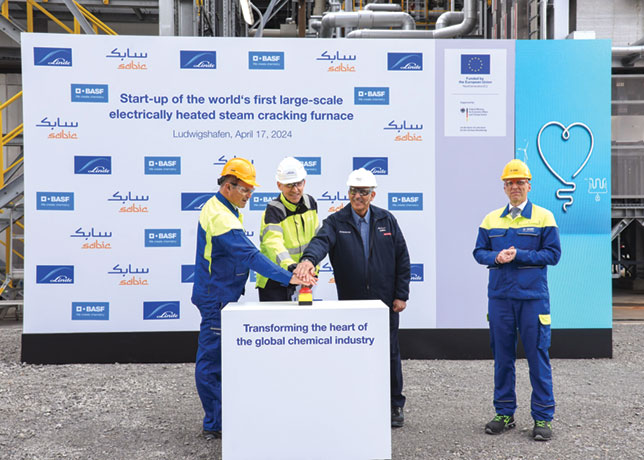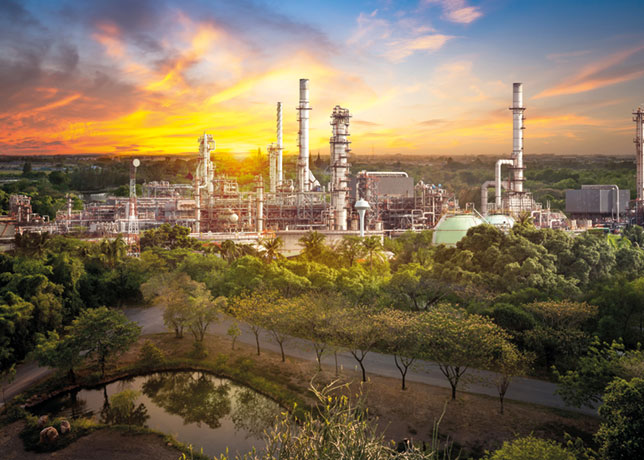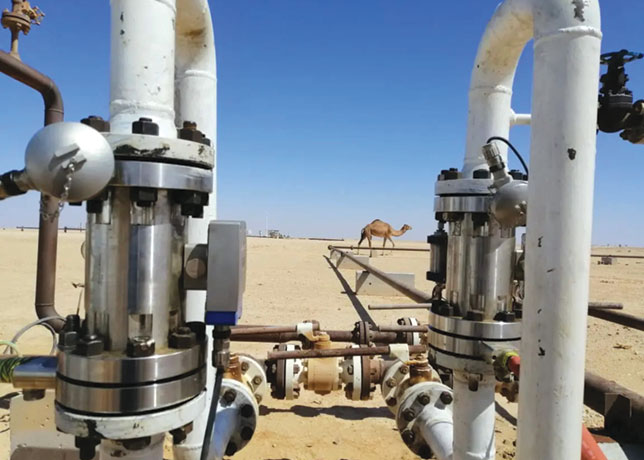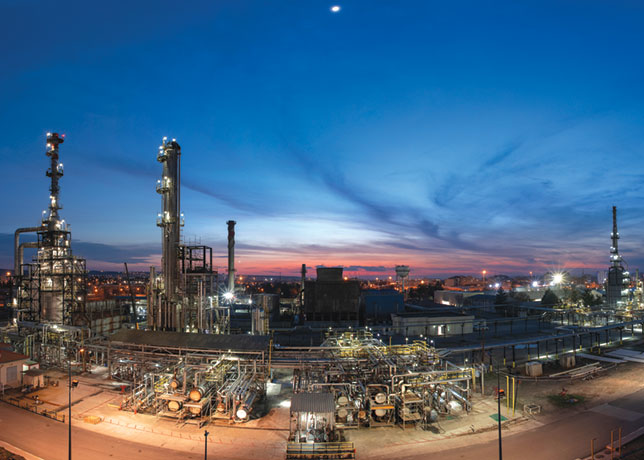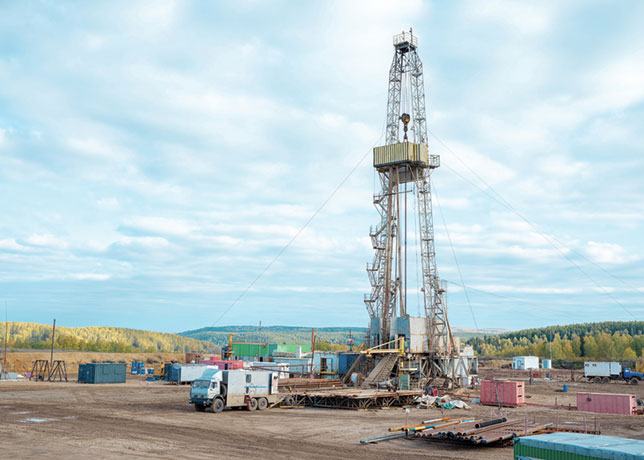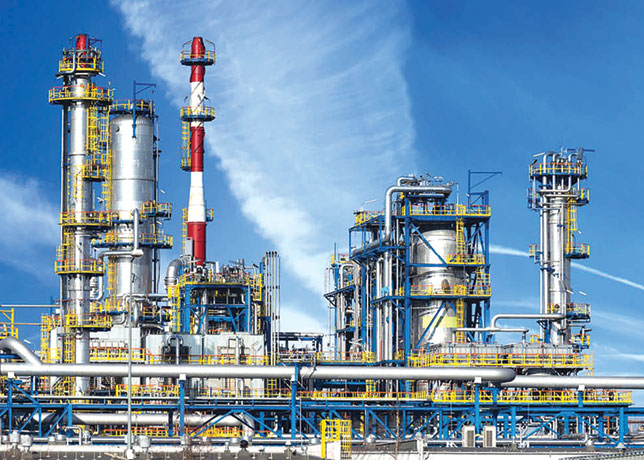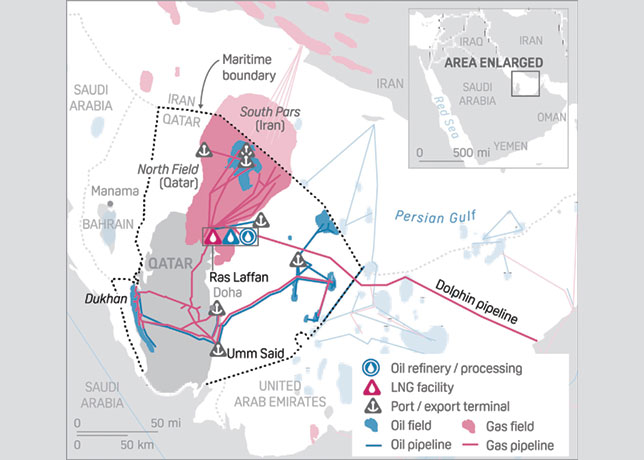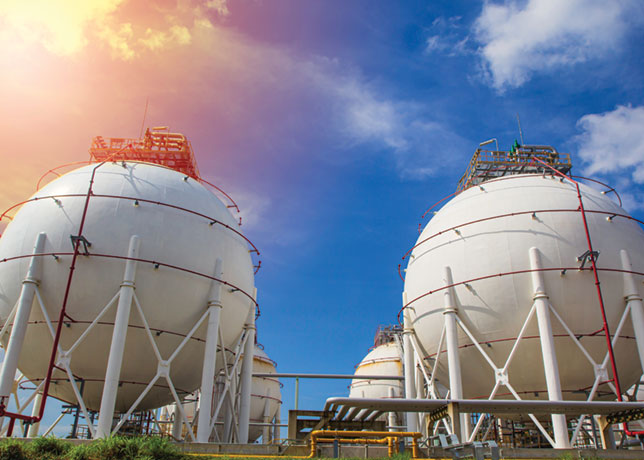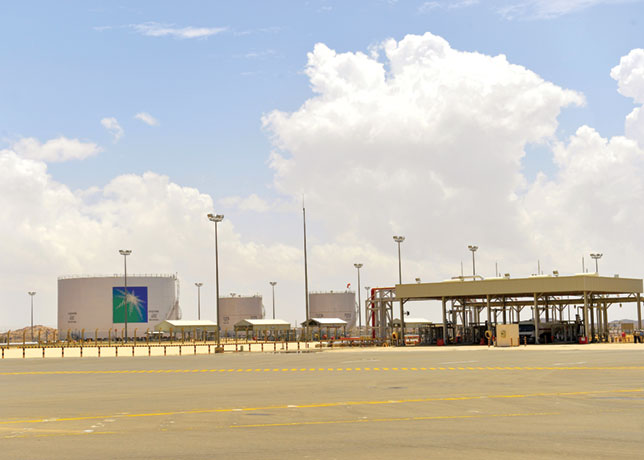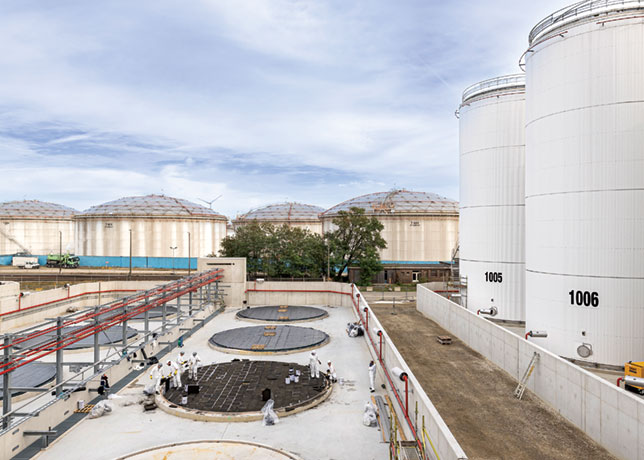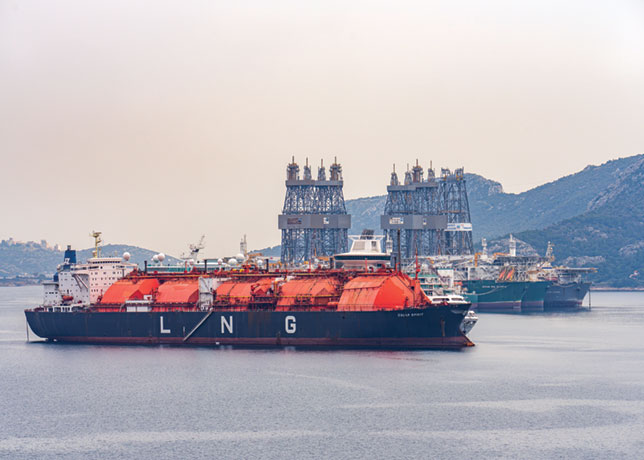
 US LNG substitution cuts 130 million tonnes of emissions. Credit: Ivo Antonie de Rooij/ Shutterstock
US LNG substitution cuts 130 million tonnes of emissions. Credit: Ivo Antonie de Rooij/ Shutterstock
Berkeley Research Group's study reveals that US liquefied natural gas (LNG) emissions are significantly lower than coal and pipeline gas resources used by Asian nations.
The four-year study, commissioned by US industry body LNG Allies, has been released against the backdrop of a halt to LNG export approvals announced by the US Government in late January.
It compares these emissions against those of coal and pipeline gas use in these countries.
It found that US LNG greenhouse gas emissions are 53 per cent lower than coal and on average 63 per cent lower than pipeline gas from Turkmenistan and Russia.
The study estimates that use of US LNG in place of coal in Asia in 2022 alone resulted in as much as 130 million tonnes of greenhouse gas emissions being avoided.
Paul Everingham, Asia Natural Gas and Energy Association CEO, said: 'This is a very comprehensive report – and it shows why approvals for US LNG exports must be resumed quickly. The current approvals pause has resulted in uncertainty about future availability of US LNG exports and increased the likelihood that coal use in Asia will become institutionalised in the long term. By resuming approvals, the US Government can signal to partners in Asia that the US intends to remain a reliable LNG supplier, enabling nations to pair gas with renewable energy as they plan for low-carbon futures.'














